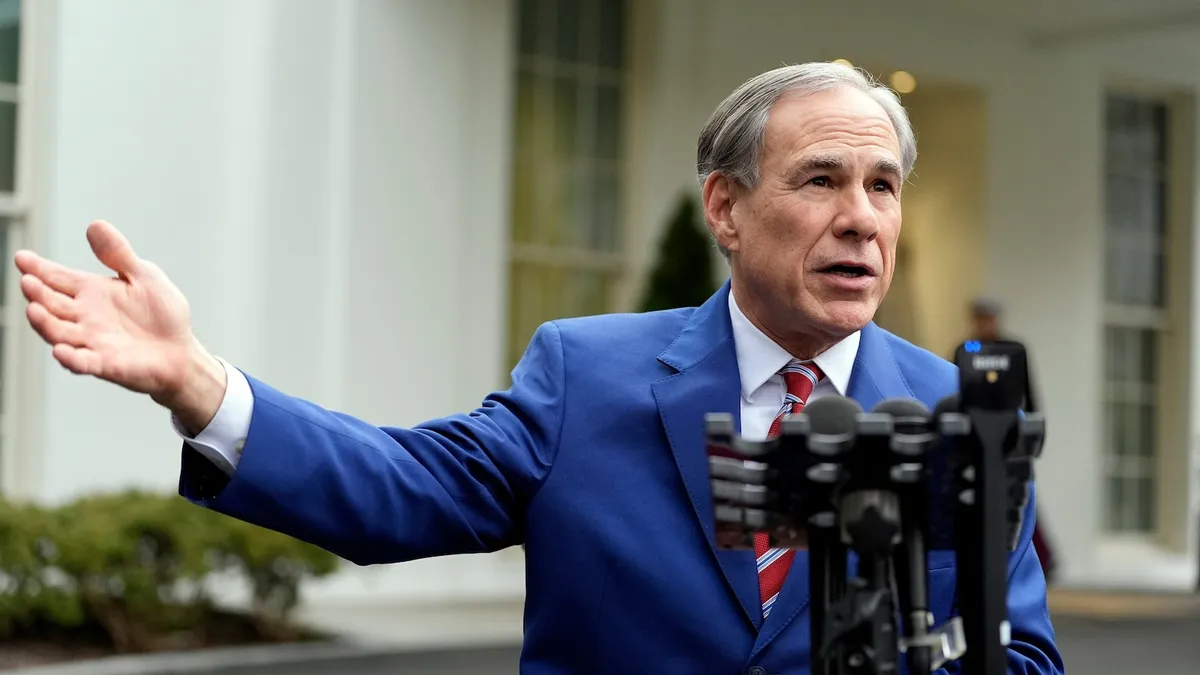
The contentious issue of mid-decade redistricting in Texas continues to unfold as dozens of Texas House Democrats remain out of state, aiming to block any votes on the proposed congressional district lines. This standoff has entered its second week, and the political stakes are high as the Texas House of Representatives prepares for a meeting where the redistricting bill is on the agenda for a second reading. However, without a quorum present, the bill cannot progress, and Republican legislators are expected to conduct another roll call vote to confirm the lack of quorum.
In the current political climate, the absence of a quorum poses a significant hurdle for advancing redistricting legislation. The Texas Senate is also scheduled to convene, where it may vote on its own version of the redistricting bill. However, any action taken by the Senate is contingent upon a quorum being established in the House. This intricate political maneuvering underscores the ongoing battle between the two parties over the future of Texas’s congressional maps.
Texas Governor Greg Abbott and Attorney General Ken Paxton have intensified their legal efforts to compel Democrats to return to Texas and investigate the funding behind their absence. Abbott has publicly stated his intention to initiate special legislative sessions consecutively to ensure the passage of Republican-backed redistricting maps. In a recent interview with Fox News, he asserted, “I’m authorized to call a special session every 30 days. It lasts 30 days, and as soon as this one is over, I’m going to call another one.” He further warned that if Democrats returned to Texas, they would face arrest and be taken to the Capitol.
On the offensive, Texas Democrats are rallying support against the proposed redistricting changes. Former Attorney General Eric Holder, currently the chair of the National Democratic Redistricting Committee, is scheduled to speak with U.S. House Democrats about the implications of redistricting. Meanwhile, in California, state legislators are preparing to unveil new congressional maps that may be presented to voters in a special election this November, although the timeline presents significant challenges.
California Governor Gavin Newsom has communicated with former President Trump, suggesting that the state would reconsider its redistricting plans if other states do the same. In his letter, he warned, “You are playing with fire, risking the destabilization of our democracy.” This highlights the broader national implications of redistricting and the ongoing tug-of-war between states.
Governors from Florida, Indiana, and Missouri have also shown interest in potential mid-decade redistricting, indicating that this issue is resonating beyond Texas. The Texas House Democrats who have successfully broken quorum are set to participate in press conferences in Illinois, where they will denounce the attempts to redraw the congressional maps. Illinois Governor JB Pritzker has expressed pride in providing refuge for Texas Democrats, criticizing the Republican efforts as an attempt to 'steal seats' ahead of the 2026 elections.
Pritzker stated during an interview, “The map that they put together violates the Voting Rights Act and the Constitution.” This ongoing dispute over redistricting not only affects Texas but also poses significant questions about the integrity of the electoral process across the nation.